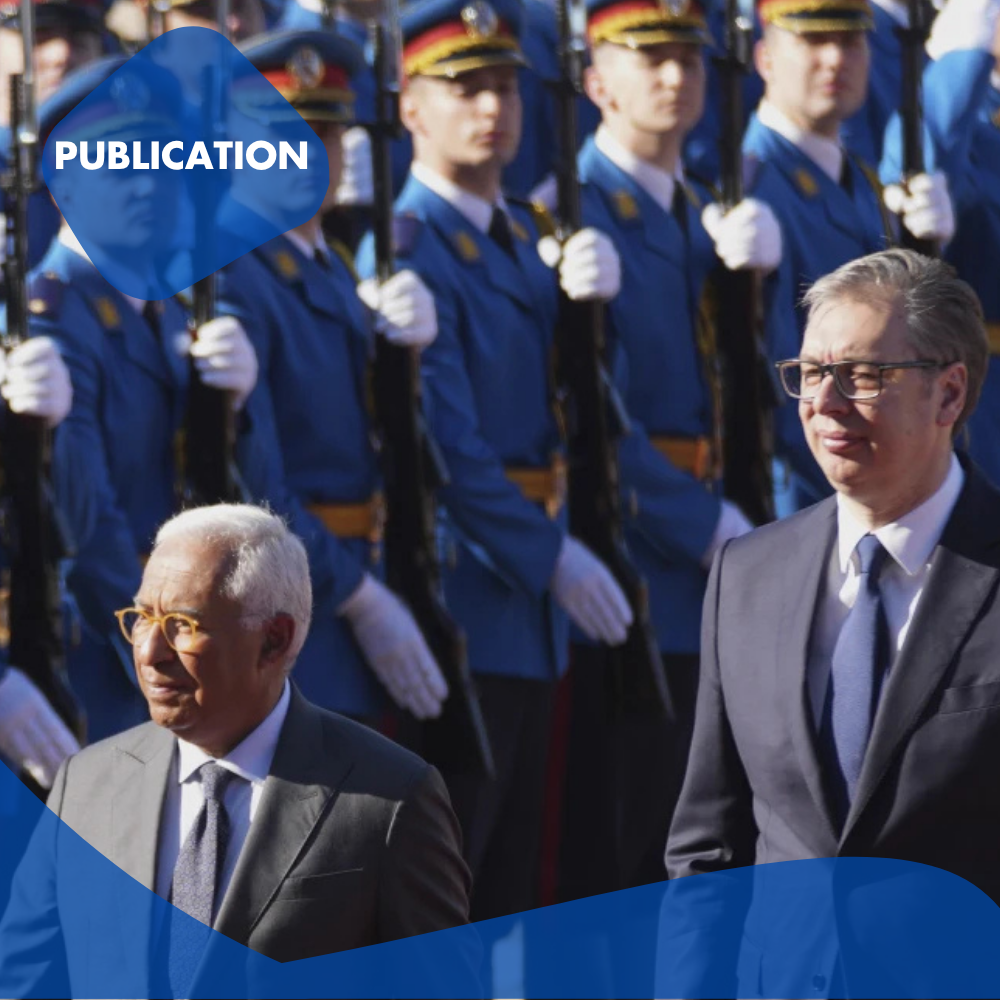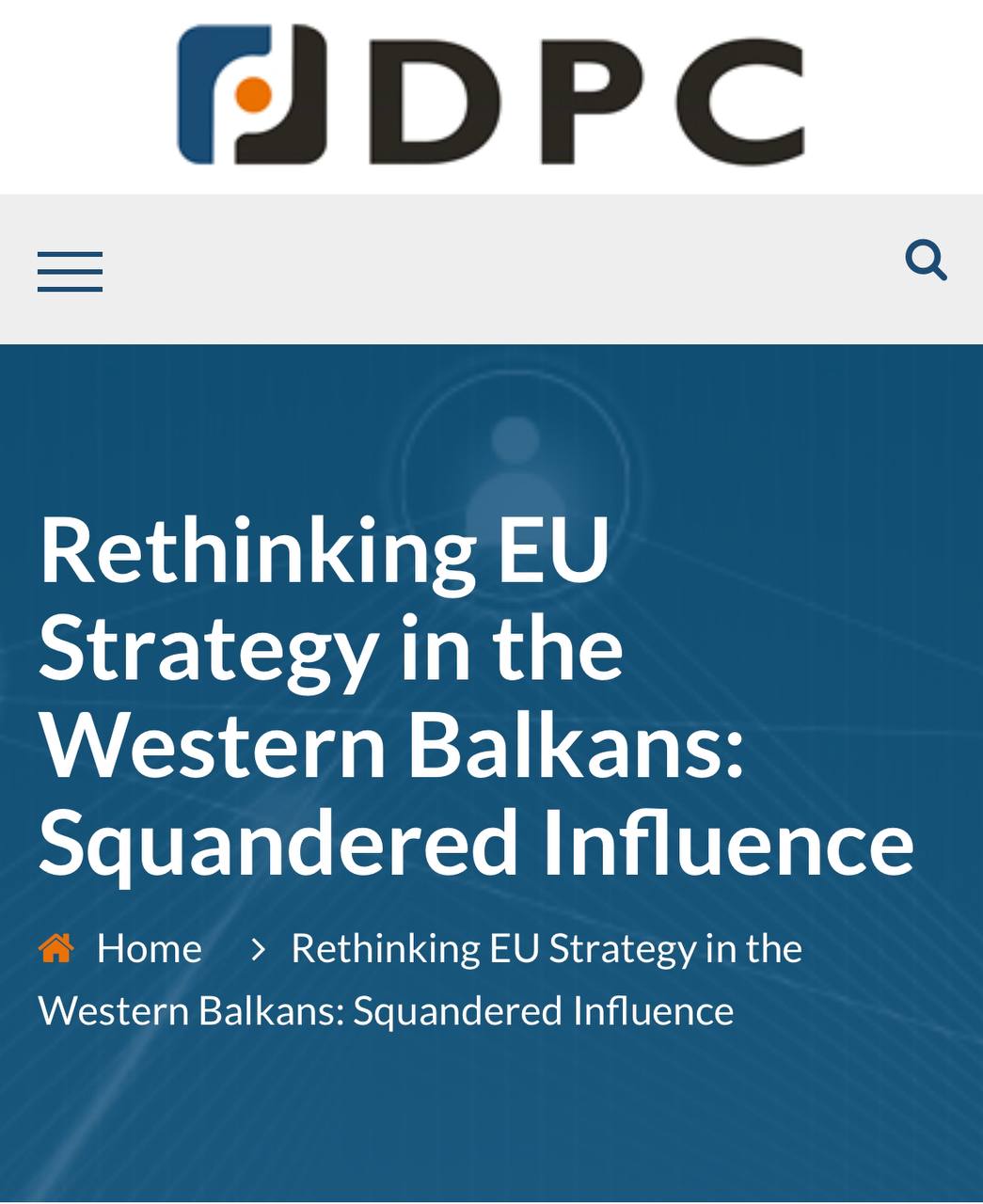Dr. Valery Perry and Dr. Kurt Bassuener publish new analysis on EU strategy in the Western Balkans
The article is authored by members of the DPC team Dr. Valery Perry and Dr. Kurt Bassuener, draws on data from the GEO-POWER-EU Database to assess the European Union’s geopolitical role in Serbia and the broader Western Balkans.
While the EU maintains strong economic ties with the region, the article argues that its political and strategic influence remains significantly underutilized—particularly as authoritarian actors such as Russia and China deepen their engagement in areas including security, media, and cultural exchange. The authors underscore a growing disconnect between EU rhetoric and its engagement on the ground—but also highlight a clear path forward: by leveraging its existing economic influence and aligning policy with local democratic aspirations, the EU can reestablish credibility and play a transformative role in the Western Balkans.
🔗 Read the full article on the Democratization Policy Council.
📊 This analysis draws on the GEOPOWER EU Interdependence Database, which tracks the evolution of political, economic, security, and societal ties between nine countries in the Western Balkans and Eastern Partnership regions and five major external actors: the EU, US, China, Russia, and Turkey. To explore the database, click here.
*Featured image: AP Photo/Darko Vojinovic


